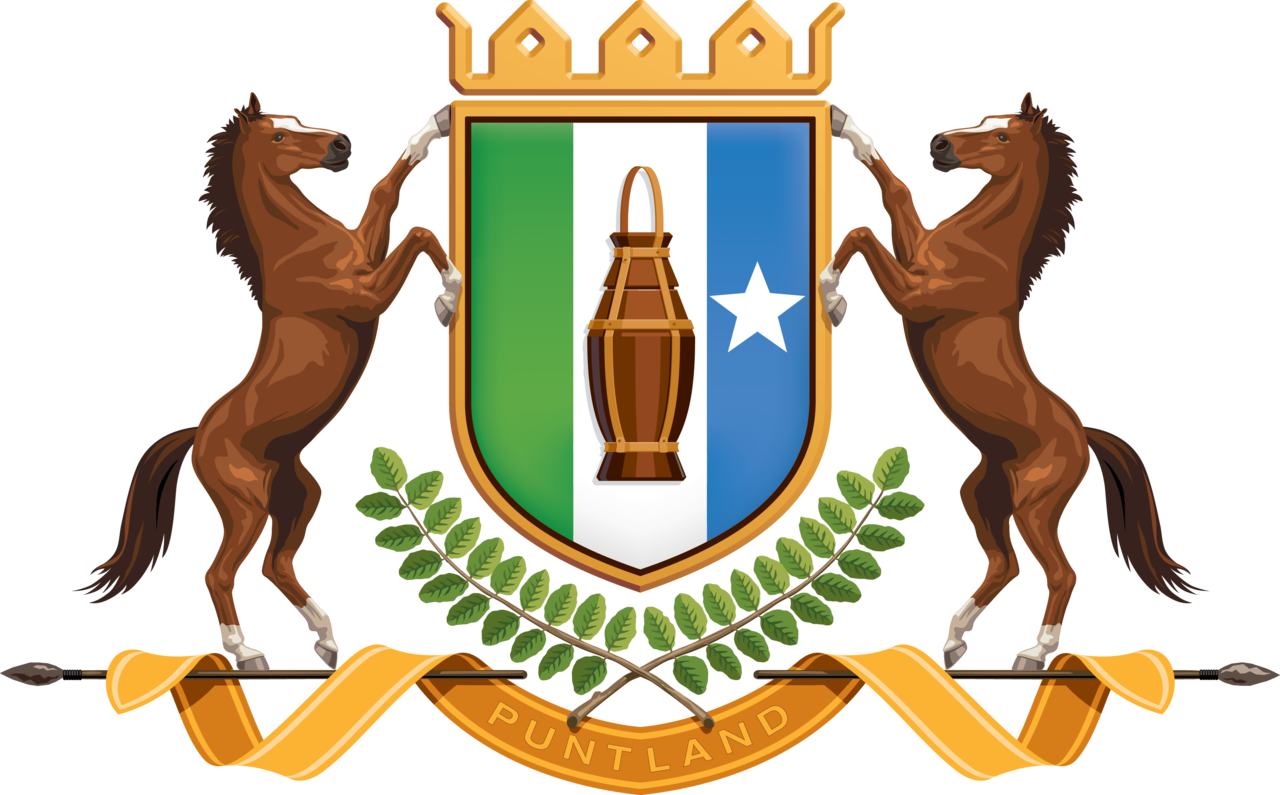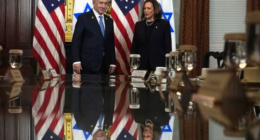By: Syad Ali Jama
The federal system of Somalia was adopted in 2004.
Its utility lies in addressing causes and effects of the state failure: centralisation, warlordism, dispossession and marginalisation.
The federal system proved agile in addressing the first three predicaments. It has had mixed results on the fourth.
In a paper entitled Dysfunctional Federalism and published in July, the Heritage Institute argues “the unitary mindset of Somalis is an obstacle to the federalist devolution of power…” It is anarchical temperament of certain segments in Somalia that opposes the federal system. Unitary is a shorthand for centralisation favoured by supporters of the former Union of Islamic Courts.
The alternative to federalism proposed by the likes of Aala Sheikh and Damuljadiid, two Somali politico-religious cliques, is a clannish theocracy that reduces Somalia to a haven for transnational terrorists.

Heritage Institute quotes a respondent from South West State who said that his people support federalism in Somalia because it was proposed by “our” ancestors.
While the sentiment expressed by the respondent is noteworthy, the recent political history of what is now known as South West State is equally instructive.
Between 1995 and 1999, United Somali Congress forces controlled Baidoa.
General Mohamed Farah Aidid captured Baidoa in 1995, shortly after UN Peacekeeping Forces left Somalia.
Only three years before the fall of Baidoa, General Aidid’s militias blocked supplies to areas in Bay and Bakool affected by a manmade famine.
The humanitarian intervention led by the United States successfully opened routes controlled by militias.
More than 300,000 Somalis in Lower Shabelle, Bay and Bakool succumbed to starvation.
The Rahanweyn Resistance Army (RRA) liberated Bay and Bakool in 1999. Without the RRA South West State would not have seen the light of day.
The debate about federalism is an ideological one.
Puntland, a Federal Member State formed by internally displaced people from Mogadishu and nearby regions, proposed the federal system as a middle way between unilateral secession and warlordism-inspired centralism.

Centralisation resulted in over-investment in Mogadishu and nearby regions, and under-investment in regions on the periphery.
It fueled the 1990s internecine civil war in Mogadishu partly because rival USC factions in the capital viewed total control of the capital city equal to total control of other parts of the country.
The legacy of dispossession, the prevalence of security forces loyal to former leaders in Mogadishu, the marginalisation of Somali social groups with no clan militias are problems that Heritage Institute does not write about.
It subtly defends the legacy of warlordism and ongoing religious extremism.
It is an open secret that Somali think tanks are mouthpieces of clans due to lack of independent thought.
Federalism is no longer a theory in Somalia.
It is system of governance born of lived experiences of Somali citizens under a centralised state and subsequent Hobbesian war of kith and kin. Blue sky political thinking is a luxury Somalis cannot afford.
Society that turns a blind eye to its turbulent political history cannot find comfort in the shallow intellectualism of clannish think tanks.
Heritage Institute’s paper is not informed by post-1991 history of state collapse, religious extremism, widespread human rights violations and marginalisation of Somali minorities.
The burning question is: will Garowe become the venue for the undoing of the federal system in Somalia given the decision to host the Heritage Institute’s Forum Ideas event?
Siyad Ali Jama is a political analyst and contributor to Puntland Post.










Comments are closed.